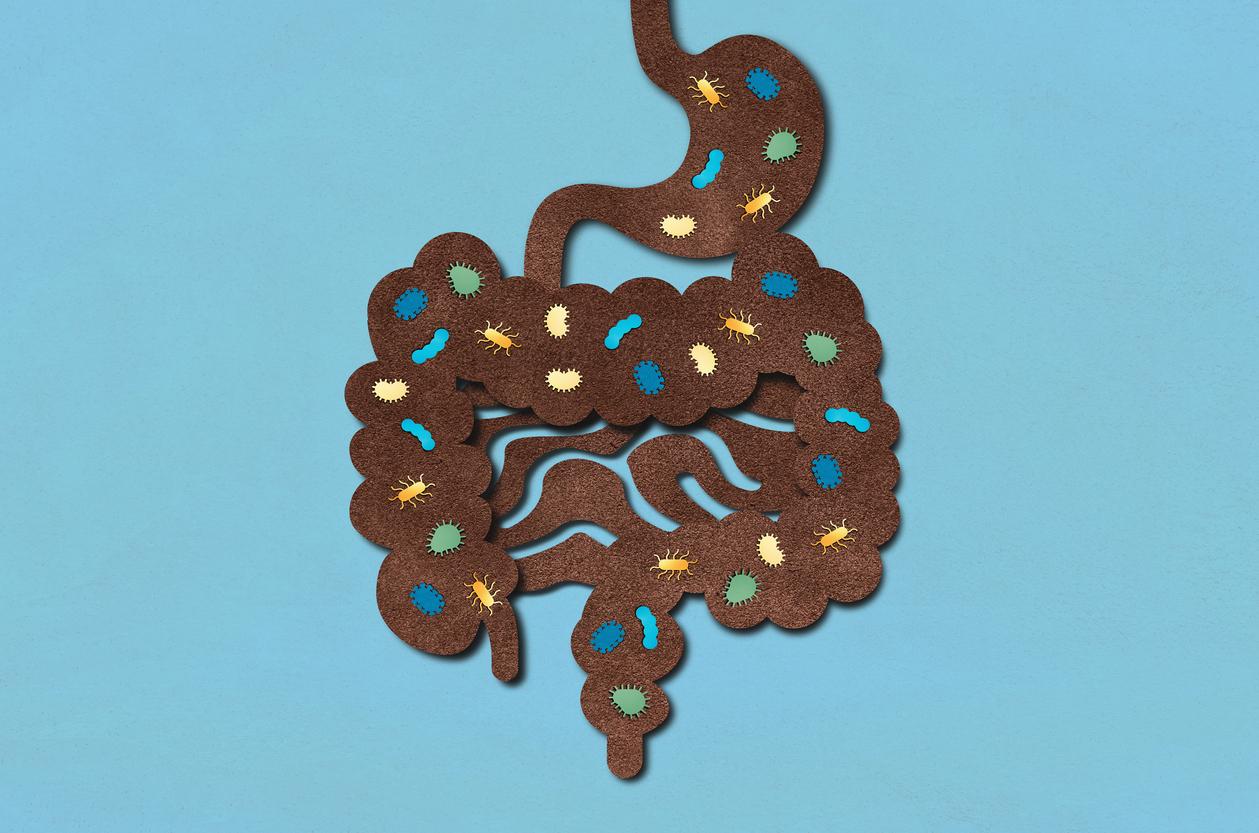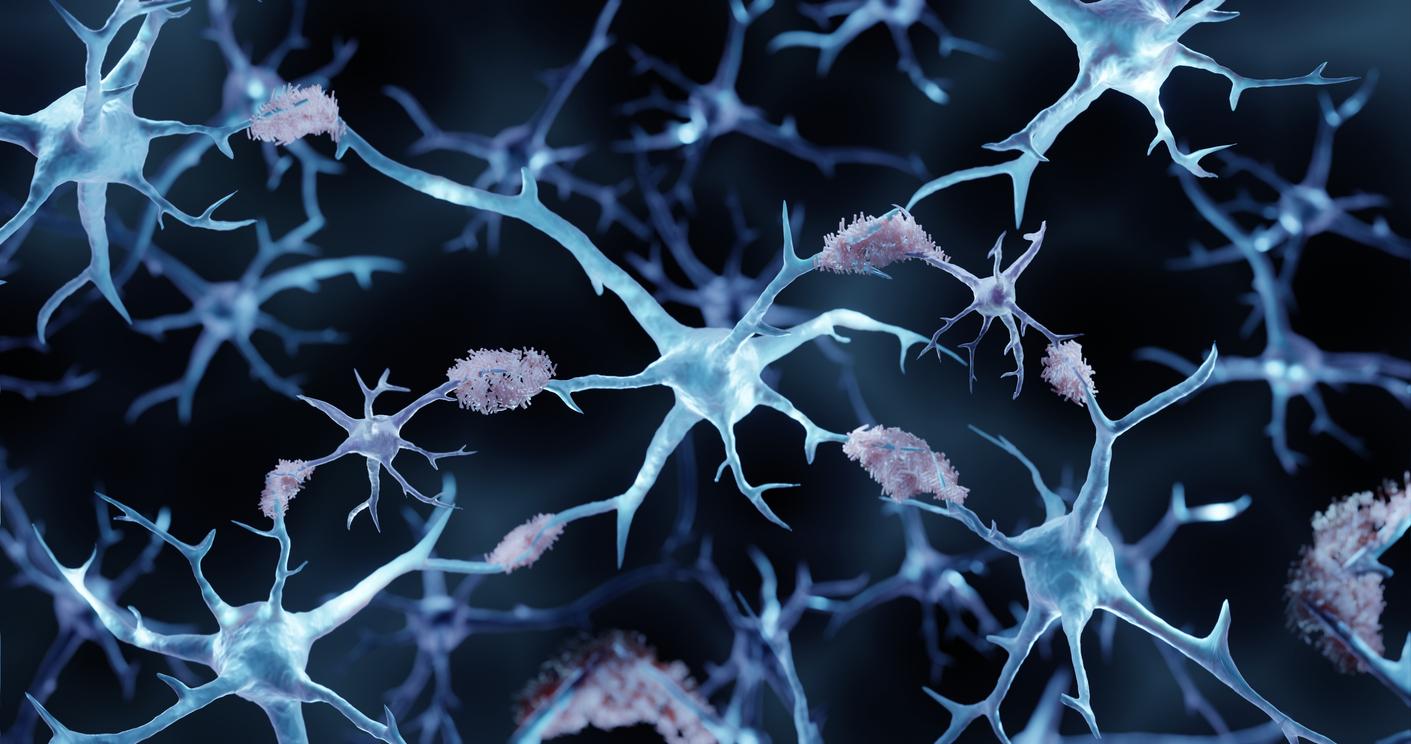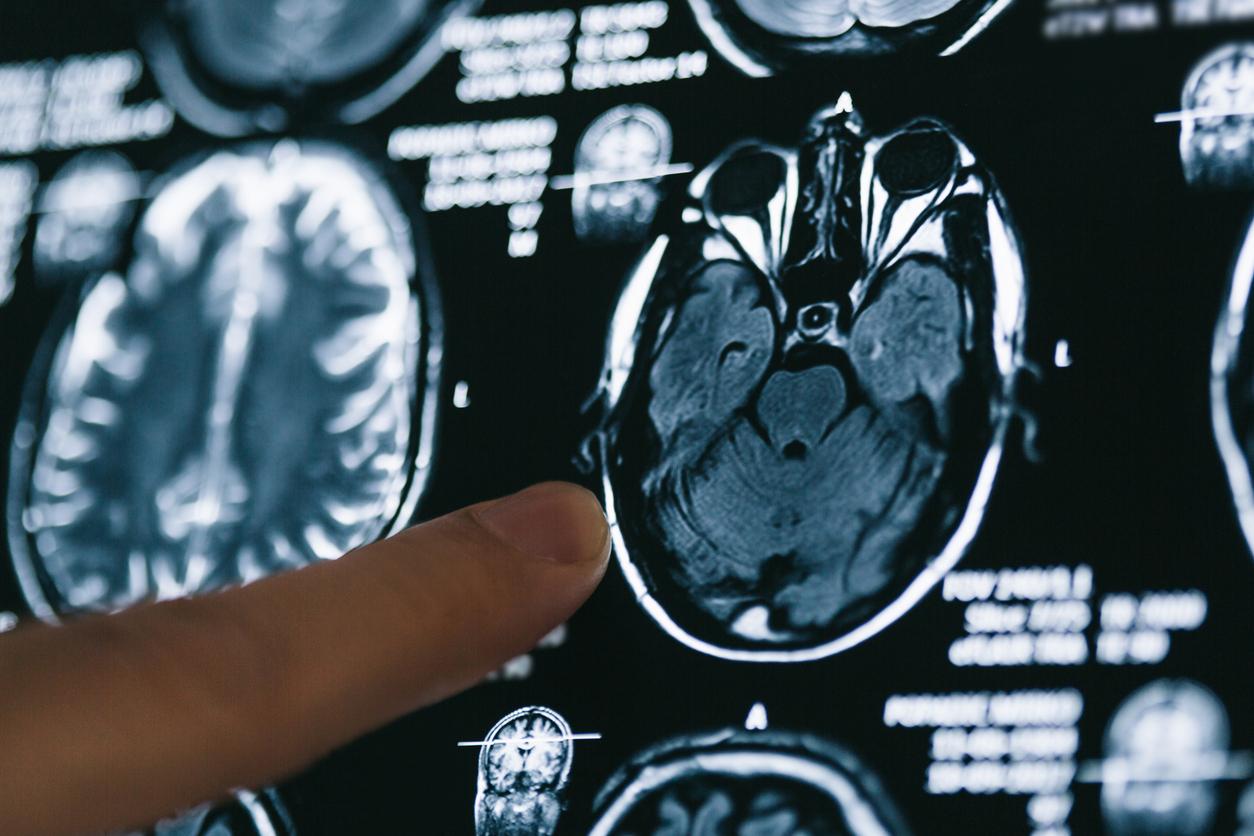Researchers have discovered the link between the intestinal microbiota and Alzheimer’s disease: the symptoms of the pathology can be transferred to a healthy body via intestinal bacteria.

- Researchers at University College Cork have discovered the link between the gut microbiota and Alzheimer’s disease.
- They discovered that the symptoms of neurodegenerative pathology can be transferred to a healthy young organism via the intestinal microbiota. Which confirms its role in the disease.
- This study represents an important step in the understanding of Alzheimer’s disease.
The intestinal microbiota plays an essential role in our health. A new study ofUniversity College Cork highlights the influence of these bacteria. Researchers have discovered that the symptoms of Alzheimer’s disease can be transferred to a healthy body via the gut microbiota.
Microbiota: memory loss could be transmitted by bacteria
The scientists conducted their experiment by collecting the fecal microbiota of patients with Alzheimer’s disease, as well as that of healthy people of the same age. First observation: People suffering from the neurodegenerative condition had a greater abundance of inflammation-promoting bacteria in fecal samples, and these changes were directly associated with their cognitive state.
Then, these samples were randomly transplanted into healthy young adult rats. Cognitive examinations were then carried out on the rodents to assess the effects of this transplantation of the fecal microbiota on their abilities. Young animals that received intestinal bacteria from people suffering from Alzheimer’s disease showed memory problems. “Our results reveal for the first time that the symptoms of Alzheimer’s disease can be transferred to a healthy young organism via the gut microbiota, confirming the causal role of the gut microbiota in Alzheimer’s disease”write the authors in their article published in the journal Brain on October 18, 2023.

Alzheimer’s: the microbiota impacts the hippocampus
The researchers also noticed that the behavioral alterations observed in rodents having benefited from a transplantation of the fecal microbiota from patients with Alzheimer’s disease depended on neurogenesis. (the entire process of formation of a functional neuron of the system nervous) of theseahorse.
Professor Yvonne Nolan who led the study, added: “The memory tests we studied depended on the growth of new nerve cells in the hippocampus region of the brain. We saw that animals with gut bacteria from people with Alzheimer’s produced fewer new nerve cells and had impaired memory.“
For researchers, this discovery regarding the role of gut microbes at the onset of Alzheimer’s disease may open new avenues for the development of therapy, or even individualized intervention.














